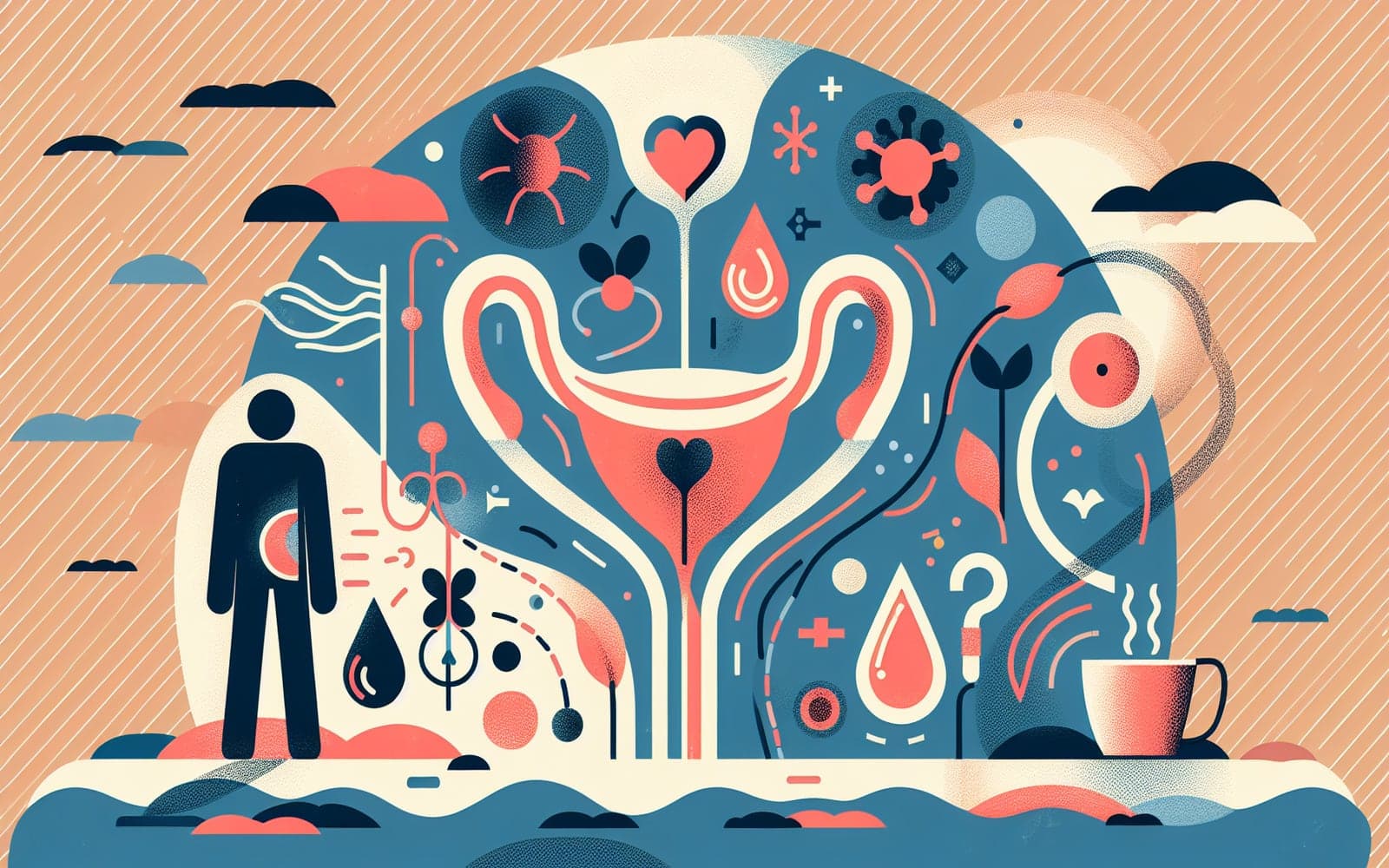Acute Urinary Retention: What You Need to Know!
Published: Jul 03, 2024
Acute urinary retention (AUR) is a sudden inability to pass urine and is a common urologic emergency. Let's explore the causes, symptoms, and treatments of AUR.
Contents
What Causes AUR?
AUR can be caused by several factors including outflow obstruction, neurological issues, and inefficient bladder muscles. In males, the most common cause is benign prostatic hyperplasia (BPH), while in females, it can result from anatomical changes like pelvic organ prolapse.
Recognizing the Symptoms
Symptoms of AUR include a sudden inability to urinate, lower abdominal discomfort, and restlessness. In older adults, it might present as confusion or changes in mental status.

How is AUR Diagnosed?
Doctors diagnose AUR by measuring the amount of urine left in the bladder using ultrasound or catheterization. Finding more than 300 mL of urine indicates AUR.
Frequently Asked Questions
Benign prostatic hyperplasia (BPH) is the most common cause.
Through bladder ultrasound or catheterization.
Inability to urinate and abdominal discomfort.
Yes, some medications can lead to AUR.
Key Takeaways
AUR is a serious condition requiring prompt treatment to prevent complications.
Get started by discussing AUR concerns with Doctronic today!Related Articles
References
Marshall JR, Haber J, Josephson EB. An evidence-based approach to emergency department management of acute urinary retention. Emerg Med Pract 2014; 16:1.
Fong YK, Milani S, Djavan B. Natural history and clinical predictors of clinical progression in benign prostatic hyperplasia. Curr Opin Urol 2005; 15:35.
Always discuss health information with your healthcare provider.

